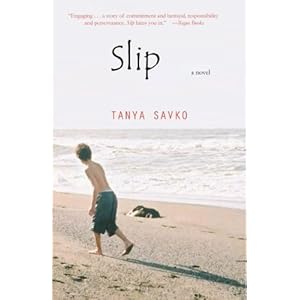
Do you remember the first thing you thought you wanted to be when you grew up? When I was four years old I decided that I wanted to be a writer. I could not yet read independently, but I so loved the books that were read to me that I wanted to write my own. I wanted to contribute to the universe of stories that enveloped me, entertained me, influenced me, and later, sustained me. I wanted to create worlds with words. And although I could not verbalize this at age four, I wanted to tap in. I wanted to be a part of the magic.
And so, at age five, I wrote my first book, illustrated it, and “published” it. I took a piece of cardboard from one of my father’s shirt packages and designed and bound my book with a cover. I even gave it a spine (although I didn’t know that’s what it was called). My accomplishment spurred me on, and I wrote more stories, “published” more books. I started a series about a mouse with a puffy hat and her animal friends. In sixth grade I wrote a novella about a mystery in my classroom. One of my friends illustrated it, my mother typed it, and my father took it to his work and had several copies printed and spiral bound. I just loved creating books. I continued to write more stories throughout high school and college, and then I had children and set my fiction writing aside. And although my boys are wonderful beings who completely enhanced my life, there was a hole where my writing had been.
So, five years ago I decided to follow the old adage “write what you know” and wrote a novel about a single parent raising two children, one with autism. It went through many drafts, was edited by a complete stranger who knew nothing about autism, or me, or being a single parent, and went through several more drafts. At no point had I attempted to solicit an agent. It’s not that I have anything against agents or the publishing industry! Definitely not. It’s just that that avenue was not this book’s destiny. This book was to be the culmination of what I dearly loved to do in childhood – write and publish my own books.
I still love to create worlds with words. And now, I’m thrilled to announce that my first novel, Slip, has been published! It’s available to order on Amazon, although they seem to be having trouble keeping it in stock (!) It’s also available directly from my publishing company: http://kovapublishing.com/books/
There’s a quote by James Allen that I read on the back of a Celestial Seasonings tea box years ago: You will always gravitate towards that which you secretly most love. And I’m happy to say that I’m still gravitating, still loving, still writing. I’m still tapping in.


